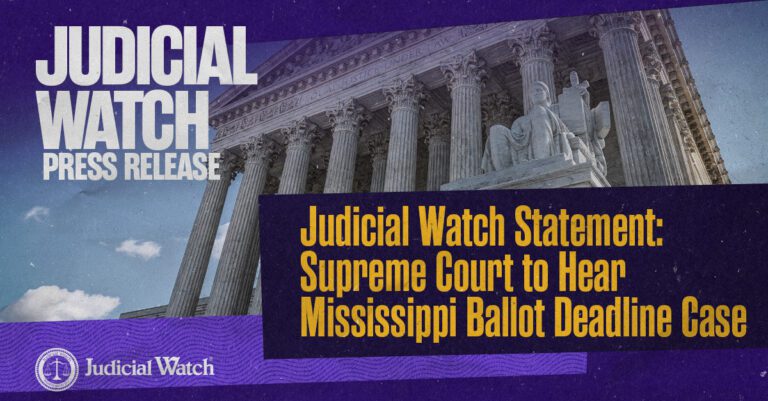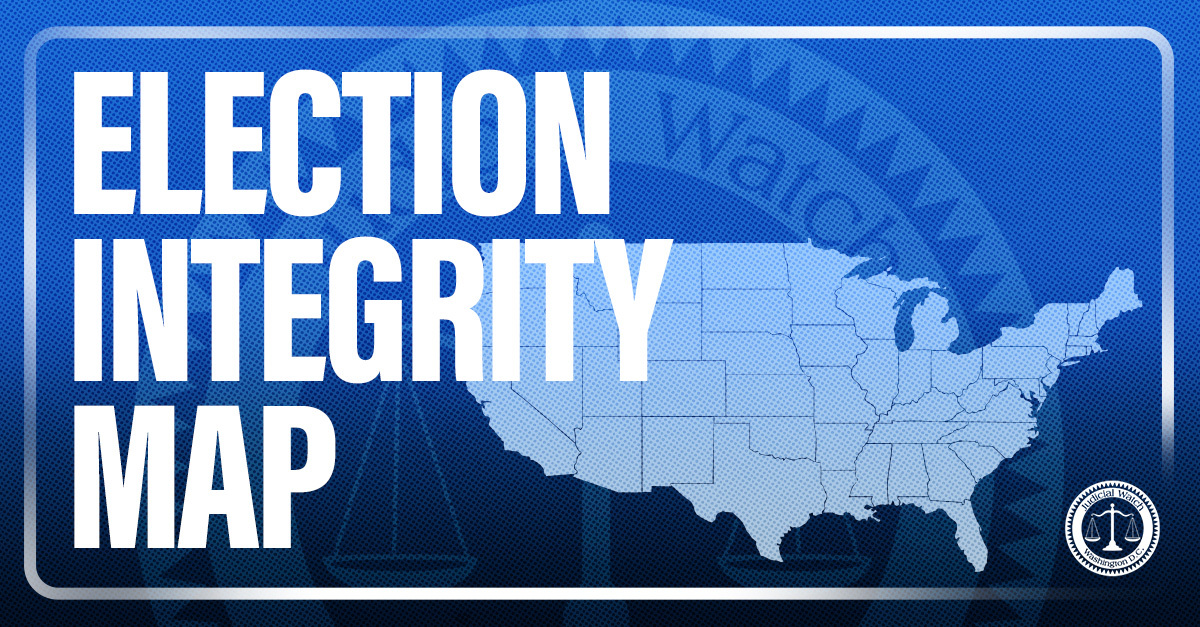
Real ID Act May Finally Be Enforced In 2013
Nearly a decade after Congress passed a crucial security measure to prevent a repeat of the September 11 terrorist attacks, the Obama Administration finally plans to implement the law next year after much stalling.
Known as the Real ID Act, the national identification measure was enacted in 2005 at the recommendation of the 9/11 Commission to verify the authenticity of every driver’s license applicant. It forces states to require that documents—such as a birth certificate or passport—submitted to get the card are legitimate and that the applicant is in the United States legally.
This goal is to establish a much-needed standardized national driver’s license system that will be less prone to fraud and will prevent terrorists from abusing it as did several of the 9/11 hijackers. New Mexico and Washington State still allow illegal immigrants to get driver’s licenses and Utah offers them a special driving privilege card that can’t be used as official government identification.
The Real ID Act would kill those little deals. Under the measure a newly created federal database will link all licensing data that must be checked before states issue new cards. Residents of states that don’t comply with the law will be greatly inconvenienced because their driver’s licenses will not be accepted as proof of identification at airports, federal buildings or when applying for any sort of federal benefits.
Open borders groups have fought the measure, asserting that it violates civil liberties and privacy. The real issue however, is that once the law is enforced only legal residents will be allowed to get valid driver’s licenses. Caving into the powerful immigrant rights coalition, Obama Homeland Security Secretary Janet Napolitano delayed implementing the Real ID Act in late 2009, claiming that it would inconvenience holiday travelers.
This week a top Homeland Security official told a congressional subcommittee on terrorism, technology and security that there will be no more delays in the implementation of the Real ID Act. That means the law will finally take effect in January of 2013, the last of several extensions granted to states by the agency.
Seven states have done little or nothing to comply with the new rules, according to a nonprofit crime prevention group that keeps track of the Real ID Act. The group was among the first to report on this week’s congressional hearing in which DHS Assistant Secretary for Policy David Heyman confirmed the agency “has no plan to extend” the latest deadline for state compliance.

















